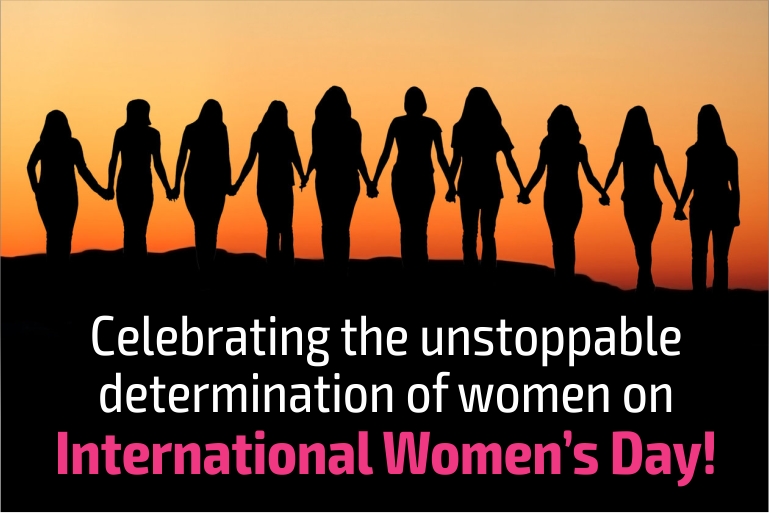A centre of the movement for women’s rights is the International Women’s Day, which is celebrated on March 8 every year. The background is that following the Socialist Party of America who organised a Women’s Day on February 28, 1909 in New York, the 1910 International Socialist Woman’s Conference suggested a Women’s Day be held annually.
The theme for International Women’s Day this year is, “Think Equal, Build Smart, Innovate for Change”, and this puts innovation by women at the heart of all efforts to achieve gender equality.
The idea is to reach out to a gender-equal world, which actually requires social innovations that work for both women and men (and leave no one behind). From urban planning that focuses on community safety to e-learning platforms that take classrooms to women and girls, affordable and quality childcare centres, and technology shaped by women, innovation can take the race for gender equality to its finishing line by 2030, according to the UN.
What does it mean? It begins with making sure that women’s needs and experiences are integrated at the very inception of technology and innovations. It means building smart solutions that go beyond acknowledging the gender gaps, to addressing the needs of men and women equally. And ultimately, it needs innovations that disrupt business as usual, paying attention to how and by whom technology is used and accessed, and ensuring that women and girls play a decisive role in emerging industries.
At this point, we highlight certain women-oriented activities that push the position of women upwards. Take, for instance, India’s first cab service operating exclusively by women for women – Go Pink Cabs in Bangalore. The founders are home makers, who acted upon their long felt concerns for a secure and easy mode of transportation – for women and senior citizens. So, this exclusive cab service will enable women and senior citizens to travel safely at all hours of the day (and night) without any fear, or threat of exorbitant fares. This initiative is also empowering women from less privileged background by offering a respectable form of employment.
Bollywood also has been focusing on women achievers going against all challenges to reach the top. We are seeing cinema halls screening biopics on women achievers, like Mary Kom, and ‘Manikarnika – The Queen of Jhansi’ based on the warrior queen. There are more in the pipeline. Deepika Padukone will be reliving the story of acid attack survivor Laxmi Agarwal – from real to reel. Shraddha Kapoor will be showing her sporty side by portraying the role of ace badminton player Saina Nehwal. Even down south, filmmakers are opening up to the idea of biopics on women. Last year Mahanati, a film about the rise of female south Indian superstar Savitri, was an indication of what is to come.
Then there is no stopping Garima Arora, who made headlines last year when she became the first Indian woman to bag a Michelin star. The restaurateur has now been declared elitTM Vodka Asia’s Best Female Chef 2019. Gujarat-born Gargi Patel, an officer in the Department of Immigration Enforcement at London, was awarded a Member of the Order of the British Empire (MBE) in the Queen’s birthday Honours List 2018.
Women have moved ahead and now are setting new example in the modern world – giving tough competition to men in all the fields. Mithali Raj, Indian women’s cricket team captain, became the first woman cricketer to score highest runs in T20I. She represents the strong women of today’s generation. Priyanka Chopra Jonas featured in the Forbes’ list of the most powerful women. Roshni Nadar Malhotra, holds 51st position in the list of Forbes’ most powerful women in the world. Viji Penkoottu is an activist from Kozhikode who is known for her contribution in providing good working environment for workers in the unorganized sectors. Hima Das, became overnight sensation after winning the 400-metre final at the World Under 20 Championship. Mirabai Chanu, the weightlifter won the first gold medal for India at the Goal Coast Commonwealth Games, and she was also awarded with the Padma Shri. Manu Bhaker, the 16-year-old girl created a history by becoming the youngest Indian ever to win gold at the shooting World Cup. And, the list goes on…. Join us to celebrate women – their aspirations, their limitless imagination, their joyous dreams and their strength and determination to ac










